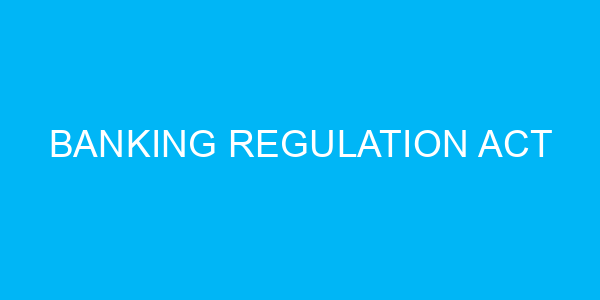21. The Banking Regulation Act, 1949 requires the Reserve Bank of India to maintain a register of willful defaulters. Willful defaulters are those borrowers who have:
a) Intentionally defaulted on their loan payments
b) Falsely represented their financial condition
c) Diverted funds for purposes other than those specified
d) All of the above
22. The Banking Regulation Act, 1949 prohibits a banking company from dealing in the buying, selling, or holding of:
a) Government securities
b) Promissory notes
c) Foreign currency
d) All of the above
23. The Banking Regulation Act, 1949 empowers the Reserve Bank of India to conduct inspections and inquiries against any banking company based on:
a) A complaint from a customer
b) A directive from the government
c) Evidence of malpractice or irregularity
d) None of the above
24. The Banking Regulation Act, 1949 allows the Reserve Bank of India to levy penalties on banking companies for non-compliance of its directions, with a maximum penalty of up to:
a) INR 1 lakh
b) INR 10 lakh
c) INR 1 crore
d) INR 10 crore
25. The Banking Regulation Act, 1949 provides the framework for regulation and supervision of:
a) Public sector banks only
b) Private sector banks only
c) Co-operative banks only
d) All banks in India



